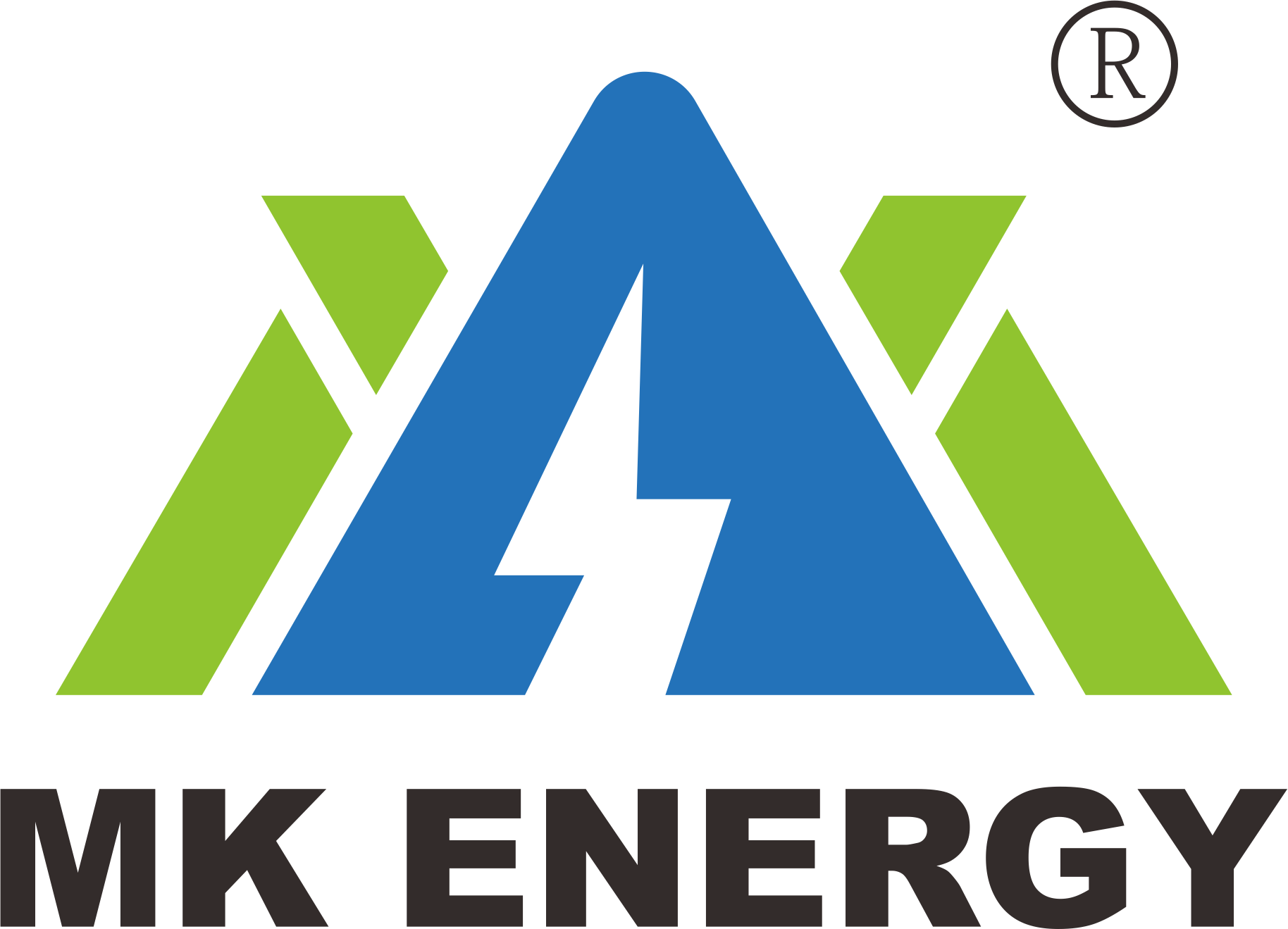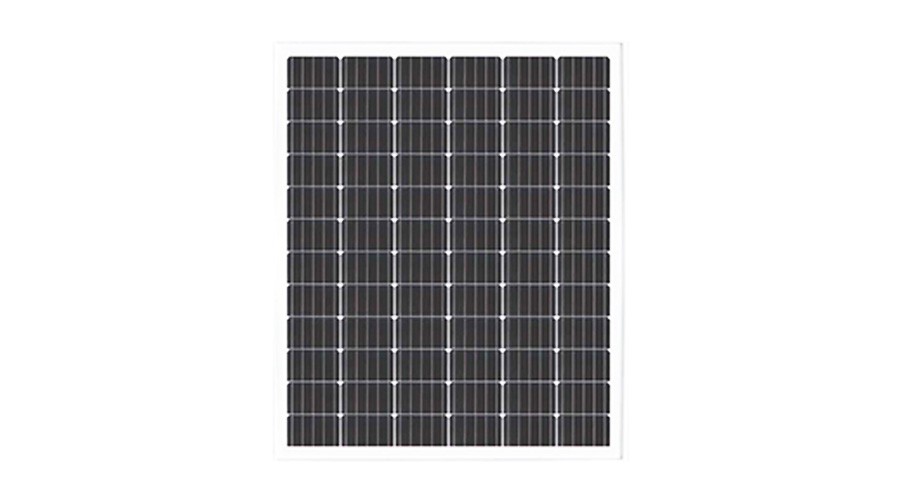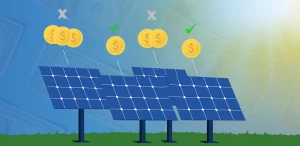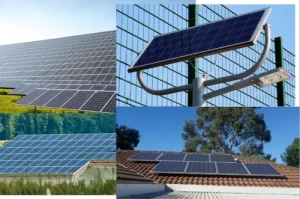What are the regulations for installing camping solar panels?
The journey of embarking on a camping adventure with camping solar panels can be fascinating, but understanding how to install paneles solares para acampar is the first critical step. This comprehensive guide will tell you the key regulations for camping solar panel installations to ensure you comply with the relevant legal requirements. Whether you’re an experienced camper or new to exploring the world of sustainable energy, understanding these regulations is crucial.
Legal Basics of Camping Solar Panels
First, users should be aware of local regulations regarding the use of paneles solares in camping areas. Some sites may have specific rules regarding renewable energy, including restrictions on panel size, location, and allowed charging times. At the same time, adhering to safety standards, such as electrical and fire safety certifications, is vital. This is particularly important to prevent accidents and comply with legal requirements. Responsible disposal of solar panels at the end of their life cycle is crucial. Some regions have established guidelines or regulations for recycling or proper disposal of solar-related e-waste to minimize environmental impact.
Camping Solar Panels Licenses and Approvals
We need to check if specific permission is required to install paneles solares at your chosen camping site. Some areas may have regulations to ensure the responsible use of renewable energy. Obtaining the necessary permits demonstrates compliance with local rules. Campers may sometimes need permission from park authorities or land managers. Depending on the area, campers may need tickets related to land use, safety, or environmental impact assessments. Additionally, it’s crucial to understand any permits required for a specific campground. Some campgrounds or private lands may have restrictions or requirements on the use of solar panels, so we need to obtain the necessary approvals to ensure a smooth camping experience.
Off-grid challenges with camping solar installations
Going on an off-grid camping adventure with a remote solar installation presents unique challenges that require special considerations. First, energy needs must be accurately assessed. Campers should calculate their power needs for essential equipment such as lighting, equipment, and electronics. This helps determine the size and capacity of solar panels and battery systems suitable for a specific off-grid setup.
Solar panel selection is crucial for remote camping. Portable, lightweight, and durable panels are ideal for mobility and resiliency in outdoor conditions. Flexible panels or foldable solar blankets offer versatility, allowing campers to adapt to different terrains and angles for optimal sun exposure. Finally, protective measures are crucial. Campers should prioritize energy-efficient equipment, use electricity responsibly, and be mindful of its environmental impact to ensure a sustainable off-grid experience.
Safety Standard
Camping solar panel safety standards are critical to protecting campers and the environment during outdoor activities. These standards cover all aspects of design, manufacturing, and use to ensure the reliability and safety of solar panels in camping scenarios. They must comply with regulations against electric shock and fire hazards. Meeting recognized safety certifications, such as UL or IEC standards, verifies that committees meet electrical safety requirements. Waterproofing and weathering standards are critical for outdoor applications. They should be designed to withstand rain, snow, and other environmental factors. The IP rating indicates the degree of dust and water resistance. Meeting sturdiness and impact resistance standards ensure the panels can withstand the rigors of camping.
Shared space for camping solar panels
We should be mindful of the space available for camping solar installations. It is crucial to ensure that solar panels are positioned so they do not infringe on common areas or block public access. Minimizing the noise associated with solar generators or other equipment is also critical. Noise pollution can disrupt the tranquility of a camping environment, and campers should adopt sound awareness practices to enhance the overall experience for everyone. We can prioritize energy conservation and responsible use of electricity is our shared responsibility. Use energy-efficient appliances, turn off unnecessary lights, and manage electricity consumption to collectively reduce the environmental impact of energy use in shared camping areas.
Al final
Every user of paneles solares para acampar needs to understand and follow the installation regulations. By complying with local laws and regulations, campers can embark on a solar journey while complying with the laws that protect our outdoor spaces, achieving a safer and more reasonable use of camping solar panels.



